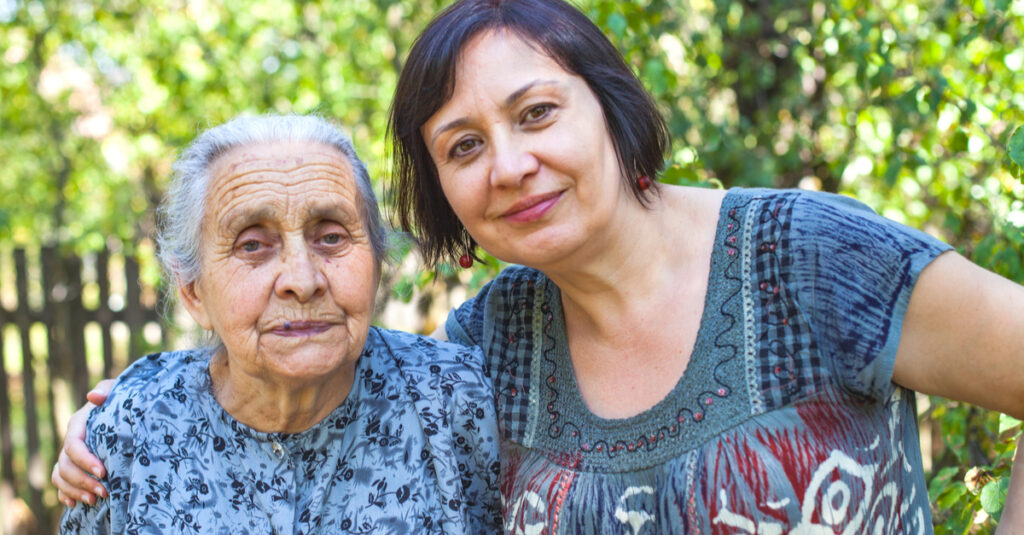The Complexities of Family Caregiving
No matter what stage of life, we all need to be cared for or at least cared about. Caring for family members later in life can be challenging and complex. Family caregiving can take its toll physically, financially and emotionally. Sometimes our inability to serve as a caregiver due to distance, physical limitations or work obligations weighs heavily on our minds and hearts.
The complexities of family caregiving are also compounded by who is providing the care and who is receiving the care. A spouse caring for their partner must manage their spouse’s care while keeping up with their own aging-related issues. An adult child who is caring for an elderly parent may require juggling their own family’s needs along with caring for the parent. Another family caregiving relationship that can be challenging is an older adult caring for a disabled adult child. As the parent ages, the physical demands of caregiving can take its toll and the parent’s own health is often ignored.
November was National Family Caregiver month and the theme this year is “Caregiving Happens” – a reminder that it is not always convenient or expected. Caring for the caregiver is just as important as the care that is being provided to the family member in need.
Acknowledging that caregiving is a major stressor for many families, resources and programs are available through different avenues to support the entire family system. The USC Family Caregiver Support Center (www.fcsc.usc.edu) at the Leonard Davis School of Gerontology through its programs and services supports the journeys of both the care recipient and the caregiver. Caring for persons with dementia or Alzheimer’s disease poses unique challenges. Alzheimer’s Los Angeles (www.AlzheimersLA.org) and the Southern California Chapter of the Alzheimer’s Association (www.alz.org/socal/) provide an array of educational and supportive services to help families navigate the complexities of caring for people with memory loss and cognitive impairment associated with these diseases.
Locally, the Community Resource Center for Aging at USC Verdugo Hills Hospital, in partnership with Home Instead and the Cañada-Crescenta YMCA, offers a “Caregiver Night Off” program once a month to provide respite and support to local families dealing with the daily challenges of caregiving. For more information about Caregiver Night Off and other resources for family caregivers, please call us at (818) 949-4033 or send an email to aging-resources@med.usc.edu.

